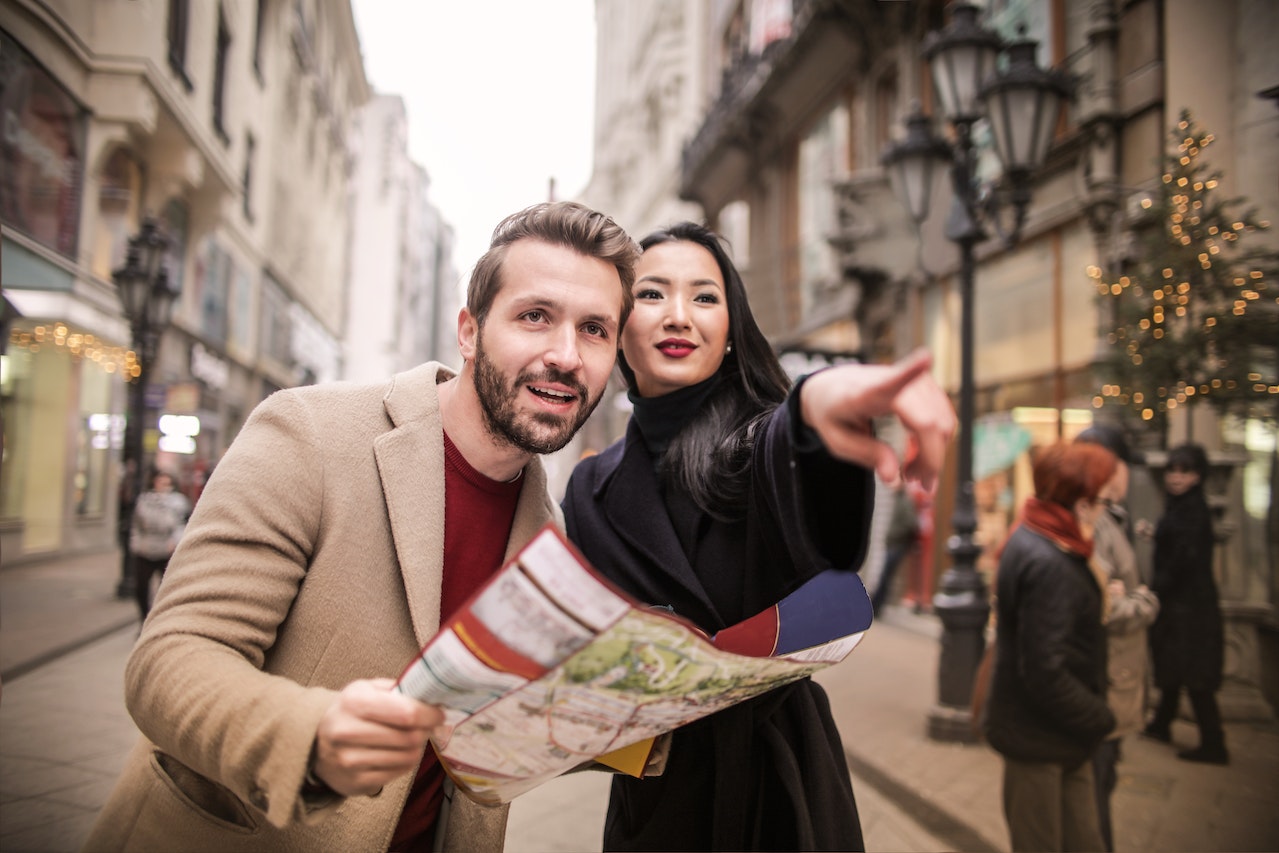Traveling is an exciting and enriching experience, opening up new horizons and offering us a chance to explore the world. However, it’s essential to remain vigilant, as scams are prevalent in many tourist destinations. These schemes are designed to take advantage of unsuspecting travelers, and if you’re not careful, you may fall victim to them. In this comprehensive guide, we’ll cover some common scams to watch out for while traveling, as well as provide tips on how to avoid them.
- The Taxi Scam
One of the most common scams involves taxis, particularly in countries with less-regulated taxi services. Unscrupulous drivers may take advantage of tourists by overcharging or taking unnecessarily long routes to increase the fare.
How to avoid it: Always use official taxi services or rideshare apps, and agree on a price or meter usage before starting the trip. Familiarize yourself with the local currency and conversion rates to ensure you’re not being overcharged. Additionally, use your smartphone’s GPS to monitor the route being taken.
- The Fake Police Officer Scam
In this scam, individuals pose as police officers and demand to see your passport or other identification. Once you hand it over, they may claim there’s an issue with your documents and demand a bribe to “fix” the problem.
How to avoid it: Never hand over your passport to anyone unless you’re at an official checkpoint or police station. If you’re unsure whether the person is an actual officer, request to see their identification or accompany them to a nearby police station.
- The Pickpocket Distraction
Pickpockets often work in teams, with one person causing a distraction while another steals your valuables. Distractions may include staged arguments, street performances, or even someone “accidentally” spilling something on you.
How to avoid it: Be aware of your surroundings and keep your belongings secure. Use a money belt or hidden pouch to store your valuables, and avoid displaying expensive items in public. When in crowded areas, keep your bags zipped and secure, and avoid placing wallets or phones in your back pocket.
- The Friendship Bracelet Scam
This scam typically occurs in popular tourist areas, where someone approaches you and ties a “friendship” bracelet around your wrist. Once it’s secured, they’ll demand payment for the bracelet, which can be difficult to remove without cutting it off.
How to avoid it: Politely decline any unsolicited offers for bracelets or other items. If someone attempts to place a bracelet on your wrist, firmly say “no” and keep your hands in your pockets or otherwise occupied.
- The Broken Camera Scam
In this scam, a stranger will ask you to take a photo of them with their camera or phone. When you attempt to take the picture, they’ll claim the device is broken and demand compensation for the “damage.”
How to avoid it: Offer to take the photo with your own camera or phone and send it to them, or politely decline their request. If you do agree to take a photo with their device, inspect it before using it and take care to handle it gently.
- The Currency Switch
When exchanging money or receiving change, some dishonest individuals may attempt to swap the bills for lower denominations or even counterfeit currency.
How to avoid it: Familiarize yourself with the local currency and count your change carefully. If possible, exchange money at reputable banks or currency exchange offices, and avoid using street vendors or individuals offering exchange services.
- The Accommodation Scam
Fraudsters may pose as representatives of hotels or hostels, approaching tourists at transportation hubs and offering discounted rates on accommodations. Once you’ve paid for the room, they’ll either disappear with your money or lead you to subpar accommodations that don’t resemble what was promised.
How to avoid it: Book your accommodations in advance through reputable websites or travel agencies. If you need to book on the spot, go directly to the hotel or hostel and inquire about availability and rates.
- The Attraction Ticket Scam
Scammers may approach you near popular tourist attractions, offering discounted tickets or “skip-the-line” passes. After purchasing these tickets, you may find they’re counterfeit or non-existent.
How to avoid it: Purchase tickets for attractions directly from official vendors or websites. Be skeptical of individuals selling tickets on the street, even if they claim to have purchased too many or can no longer attend.
- The Rental Scam
When renting bikes, scooters, or cars, scammers may claim that you’ve damaged the vehicle upon return and demand excessive fees for repairs.
How to avoid it: Rent from reputable companies and always inspect the vehicle thoroughly before signing any agreements. Take photos or videos of the vehicle’s condition at the time of rental, and ensure any existing damage is documented in the rental agreement.
- The Wi-Fi Scam
Free Wi-Fi may be enticing, but scammers can set up fake networks to access your personal information or install malware on your device.
How to avoid it: Stick to secure, password-protected Wi-Fi networks, and avoid using public networks for sensitive activities such as online banking. Consider using a virtual private network (VPN) for added security.
- The Restaurant Scam
In some cases, restaurants may attempt to overcharge tourists by adding extra items to the bill or inflating prices. In more elaborate versions of this scam, a friendly local may invite you to join them for a meal, only for you to find out later that they’ve left and you’re stuck with an exorbitant bill.
How to avoid it: Always review your bill carefully before paying, and question any discrepancies. When dining with locals, clarify payment expectations beforehand or insist on separate checks. Research restaurants in advance and choose establishments with positive reviews from fellow travelers.
- The Shopping Scam
While shopping for souvenirs or local products, you may encounter salespeople who use high-pressure tactics or claim their goods are of higher quality than they actually are. In some cases, you may even be sold counterfeit items.
How to avoid it: Shop at reputable establishments and compare prices before making a purchase. Be wary of high-pressure sales tactics, and don’t be afraid to walk away if a deal seems too good to be true. If you’re unsure about an item’s authenticity, seek advice from locals or fellow travelers.
Conclusion
While scams can be an unfortunate part of traveling, being informed and vigilant can help minimize your risk of falling victim to them. By familiarizing yourself with common scams and taking precautions, you can enjoy your travels with confidence and create lasting memories. Remember, if something seems too good to be true, it probably is – trust your instincts and stay safe as you explore the world.



